Liesl builds robots for NASA but struggles to get financial backing in Australia
Through a partnership with NASA's Jet Propulsion Laboratory (JPL), Akin is designing and building intuitive AI-powered robots - each with specific roles and personalities.
The aim is to one day provide emotional support for astronauts on deep-space missions.
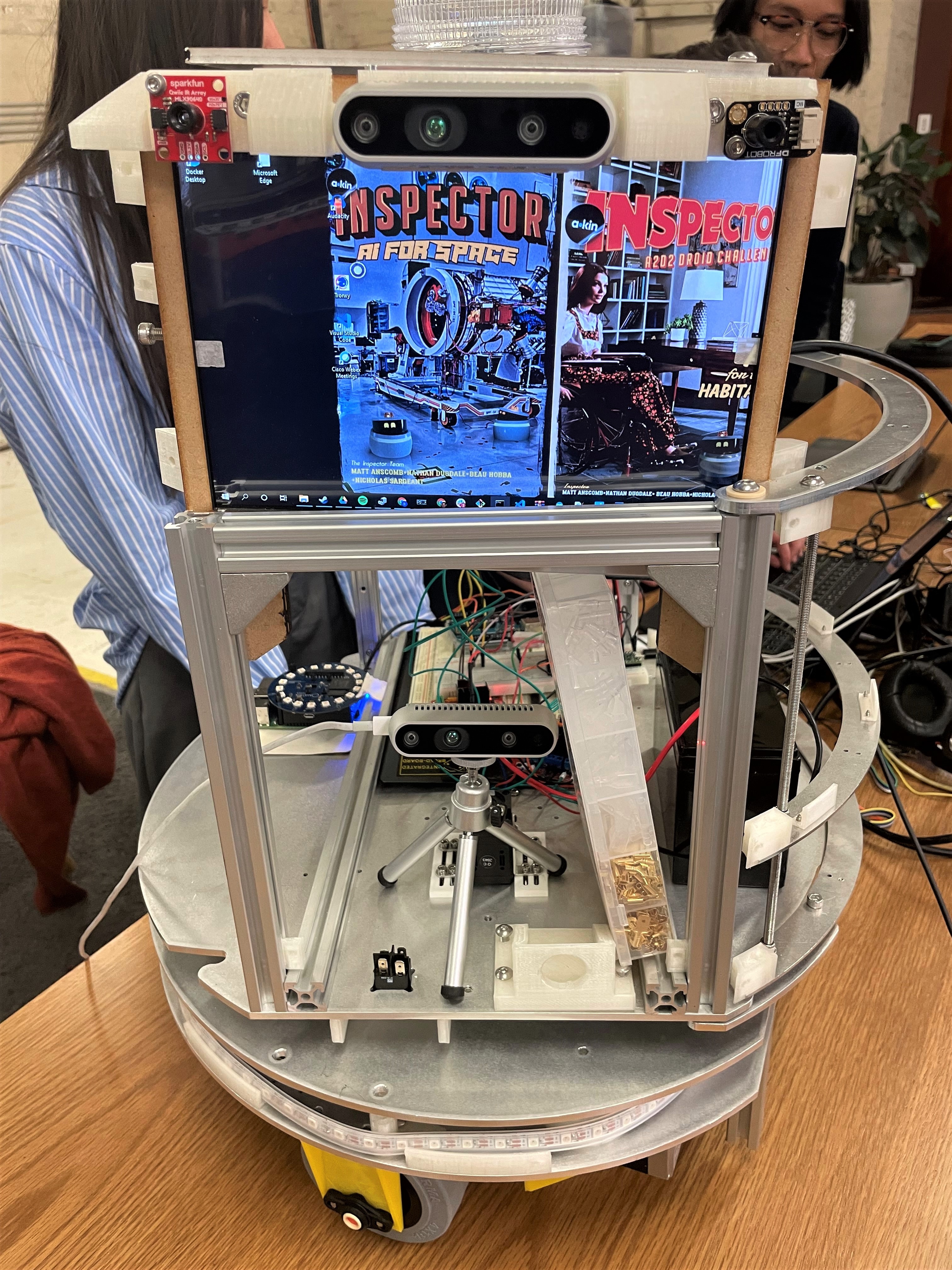

The new space robot is taking shape. Source: SBS Sandra Fulloon
Tom Soderstrom, CTO at NASA’s Jet Propulsion Laboratory, has described Akin's robots as more advanced than current designs 'which are stunted by a lack of emotional intelligence.'
The first 'Inspector' robot is taking shape at Akin's lab in Sydney's Paddington. Its role is to monitor the environment.
"I can sense pressure, temperature, visuals," says project manager Arfin Muhammad.
"And we want to add some more animation so there's more interaction between the data and the face."
The robots, built at a cost of $2 million, are due to be shipped next year, despite this year's COVID-19 disruption.
Read More


“Today's the first time that we've actually fully put all the different subsystems together,†says mechatronics engineer and software specialist Julia Tan.
“We've got movement, we've got lights, we've got sounds. And now we've actually been able to put it together in something that looks like a little companion robot.â€
Julia is 19 and still finishing her computer science degree at Sydney University. She is a key member of Liesl’s diverse technical team and works ‘at all depths of the code.’
“I am also doing a space major, so it’s exactly what I joined this degree for, the mechatronic side,†she says.
While Julia was not the only female in her computer science course, she says “in first year I did actually count and there were about 10 women that I could see out of the 100 students sitting in that lecture.â€
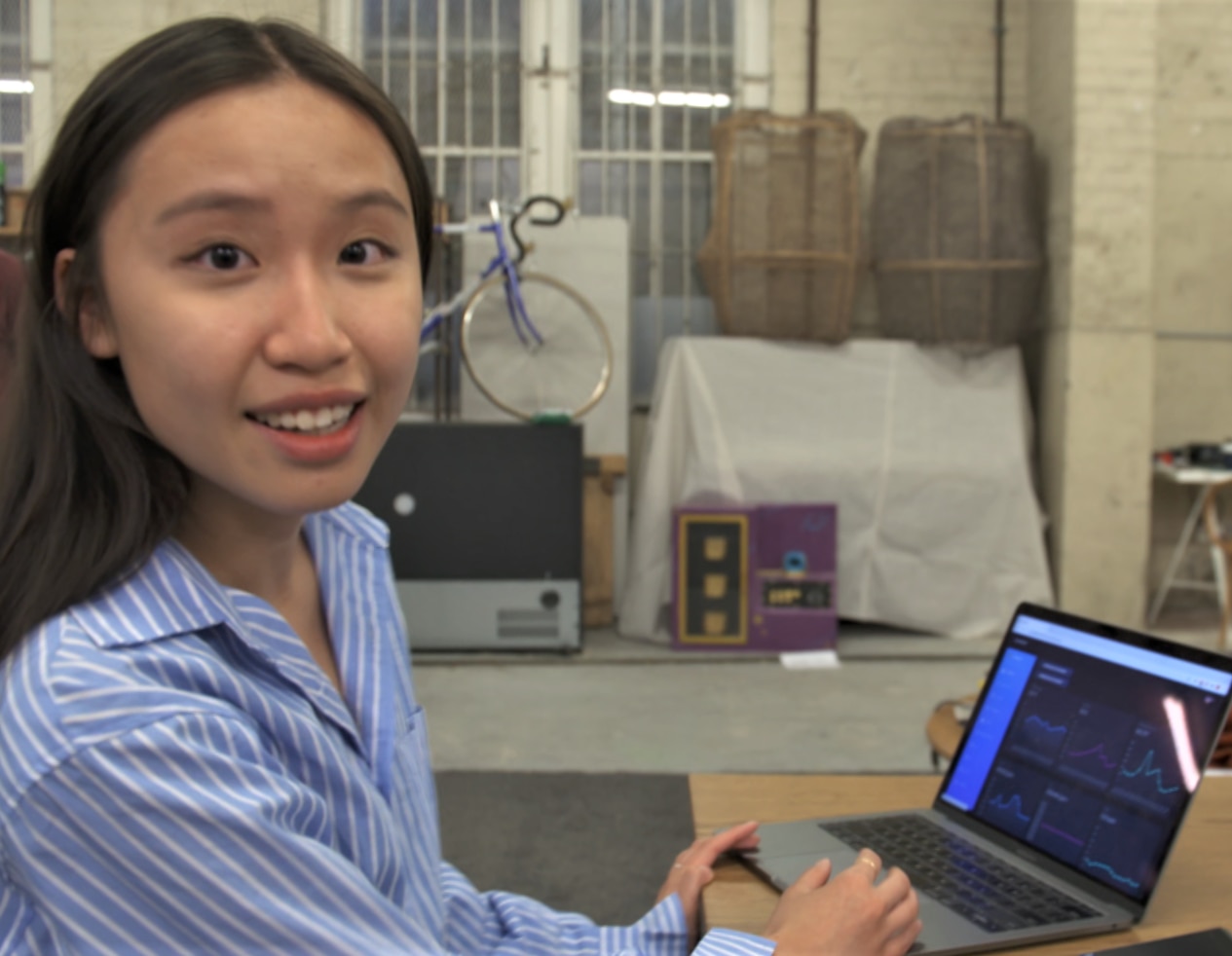

Julia Tan is a mechatronics engineer. Source: SBS
Women comprise only 29 per cent of those working in the university-qualified science, technology, engineering and mathematics (STEM) workforce.
Read More


And they still face a 22 per cent gender pay gap, according to a new report by Professionals Australia titled Women Staying in the STEM Workforce.
Professionals Australia CEO Jill McCabe says many women have exited STEM careers during the pandemic, and others are considering leaving.
“Women’s pay, working conditions and a lack of career advancement are among the top reasons for doing so,†she says.
'There are no girls'Liesel has battled gender stereotyping all her life. She completed high school in South Africa and, despite learning to code as a 12-year-old, was rejected for a computer science degree.
“The dean said to me: ‘look around, there are no girls. But you can apply if you like’.
“So I did apply and I got rejected even though I was a straight-A student,†she says.
Liesl was born in Zambia, of Dutch and French heritage. Her family fled increasing violence when she was a young child, as refugees. They re-settled in Zimbabwe, only to find themselves in the midst of conflict again.
“When I was six years old I was taught to handle a gun because there were many times that families were being wiped out and the kids would be the only ones left,†she says.
“I lost people that were very close to me. A lot of immediate family got traumatised. We were basically just waiting for our turn,†she says.
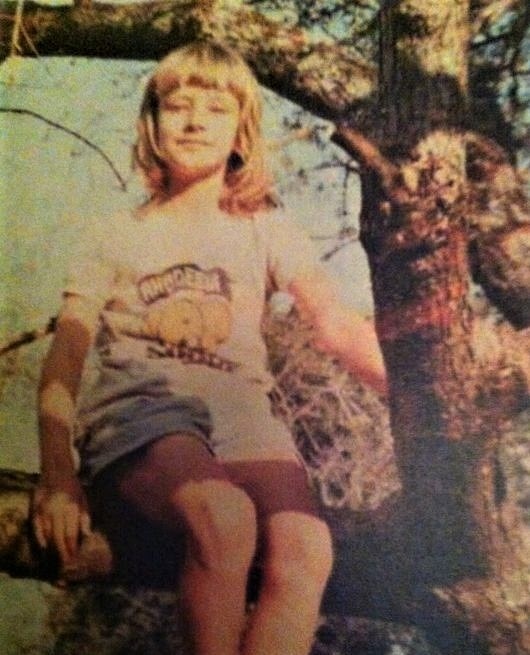

Liesl grew up in South Africa. Source: Supplied Liesl Yearsley
Liesl's family fled again, this time to Johannesburg in South Africa in the late 1980s.
From those early terrifying experiences, Liesl says she has found the strength to make her mark in male-dominated fields.
“A lot of entrepreneurs have fled war-torn countries. And the thing is, you can look at risk and stare it down.â€
Read More


Liesl first arrived in Australia in the late 1990s with two children.
Akin is her second startup, co-founded in 2019. Liesl sold her first AI business, Cognea, to IBM in a multimillion-dollar deal in 2014.
She is among a growing number of female business operators in Australia, rising by 46 per cent over the past two decades.
Shortage of venture funding for womenAustralian women also lead two-thirds of new businesses started in COVID-19 - that's around 180,000 new ventures. And in the first half of 202, startups co-founded by women received more than one-quarter of venture capital funding.
However, startups wholly led by women received just 5.3 per cent of $2.7 billion venture capital funding from January to June.
"Women still face a massive shortage of venture funding in Australia,†says Liesl.
She finds venture capital easier to raise in the United States, "because they see me as a technologist first and female second."
“[However globally] women raise just 2.8 per cent of venture funding. That means I am standing behind 50 blokes, who are my peers."
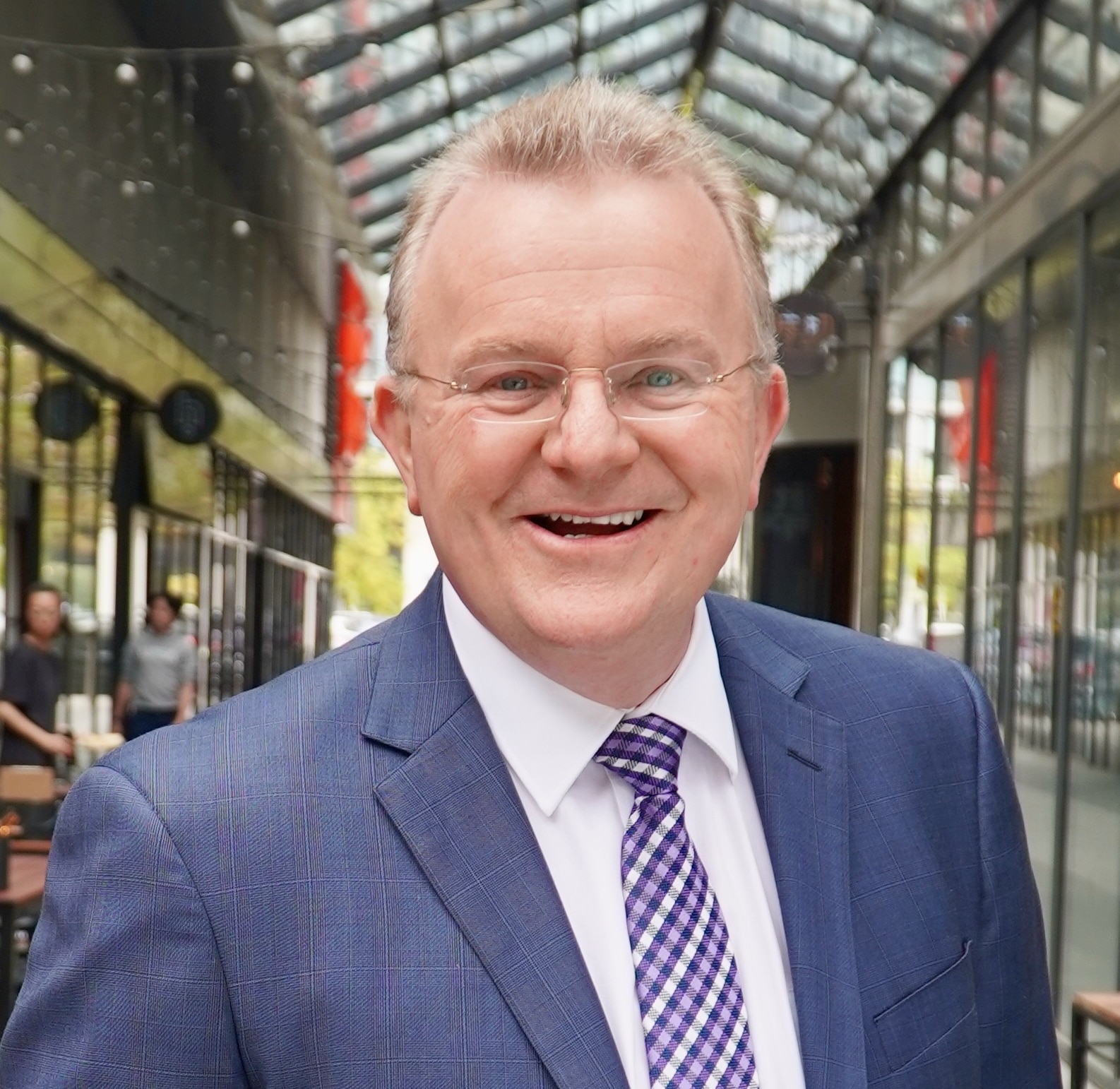

Small Business and Family Enterprise Ombudsman Bruce Billson. Source: Supplied
More than 600 female founders have had their say about challenges they face, in response to a survey run by the Office of the Small Business Ombudsman that closed this week.
“Women founders have shared stories about difficulties accessing venture capital, getting debt financed through financial institutions where their income pattern might be disrupted from other career or family choices,†Small Business Ombudsman Bruce Billson says.
Mr Billson wants to see female founders get a bigger slice of the capital pie.
“Energising female founders could add somewhere between $71 billion a year and $135 billion a year of extra economic activity to the Australian economy,†he says.
The closure of child care facilities and homeschooling during lockdowns also forced many women to put their ventures on hold this year.
“Homeschooling has put a pause and punctuation mark on so many businesses, and on so much women's entrepreneurship.â€
Balancing act for female entrepreneursLiesl is balancing running her business with home care of her three children, including a two-year-old with special needs.
She says the pandemic has presented tough choices for many female founders.
“I have no childcare, " she says.
"Do I give up work and run the home? Or do I stop looking after my kid, let everything fall apart and keep doing my work?â€
She received financial support last year from the Boosting Female Founders fund. Akin was chosen from 2,200 applicants for a $300,000 grant.
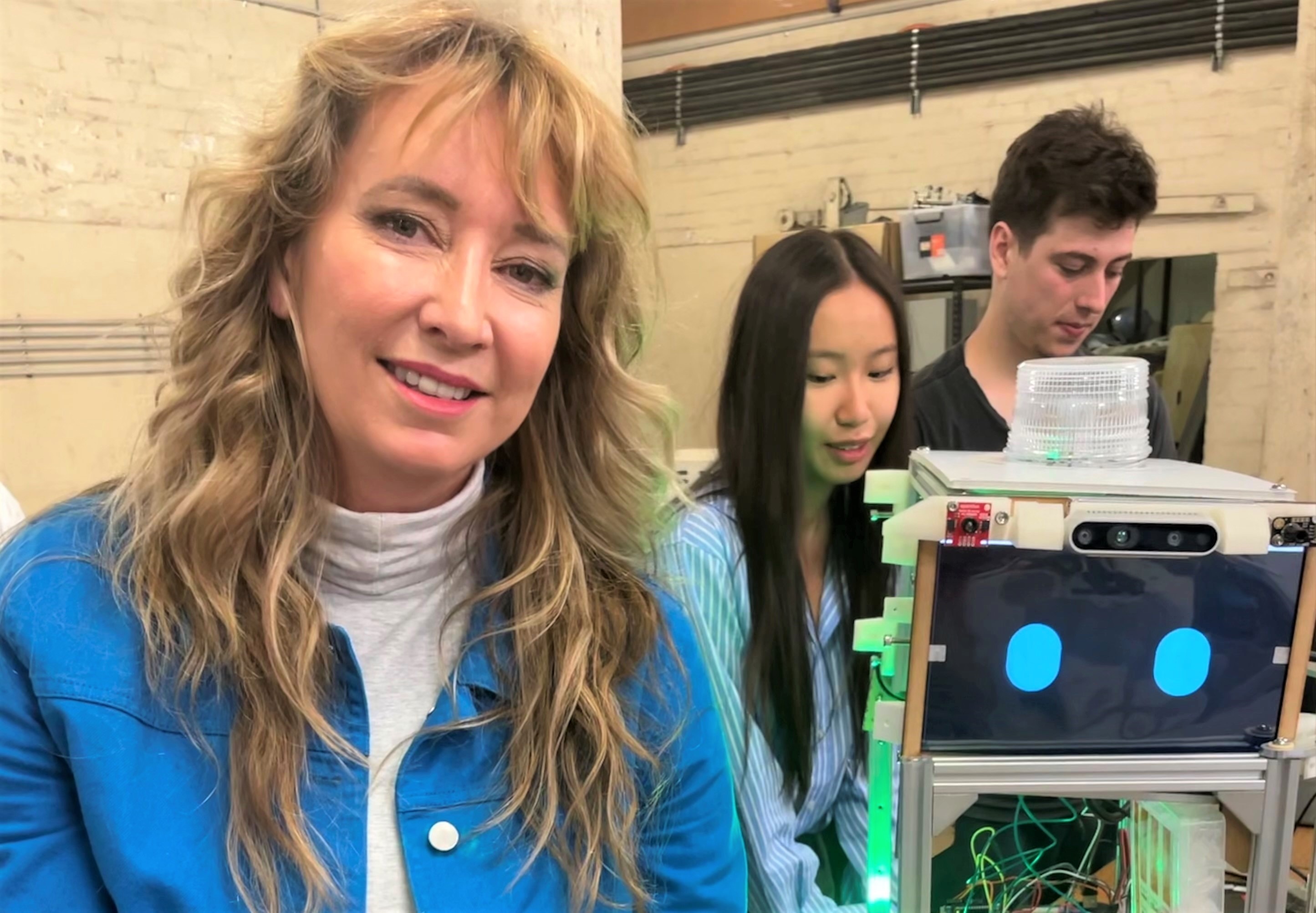

Liesl Yearsley with her team at Akin. Source: SBS Sandra Fulloon
The federal government has already provided grants totalling $11.9 million to 51 female-founded start-up businesses through round one of the program, and the current round two of the program will deliver another $11.6 million.
Liesl says the grant enabled Akin's AI space research to be commercialised for the disability sector in Australia.
“It has helped us get a couple of really big partners and build up our systems and our processes, to massively scale home AI for people by supporting social connection, activities and exercise to reduce the burden of running a home,†she says.
A ‘home hub’ unit will help those living with a disability to plan meals and manage tasks with ‘thousands of units’ due for shipping in January next year.
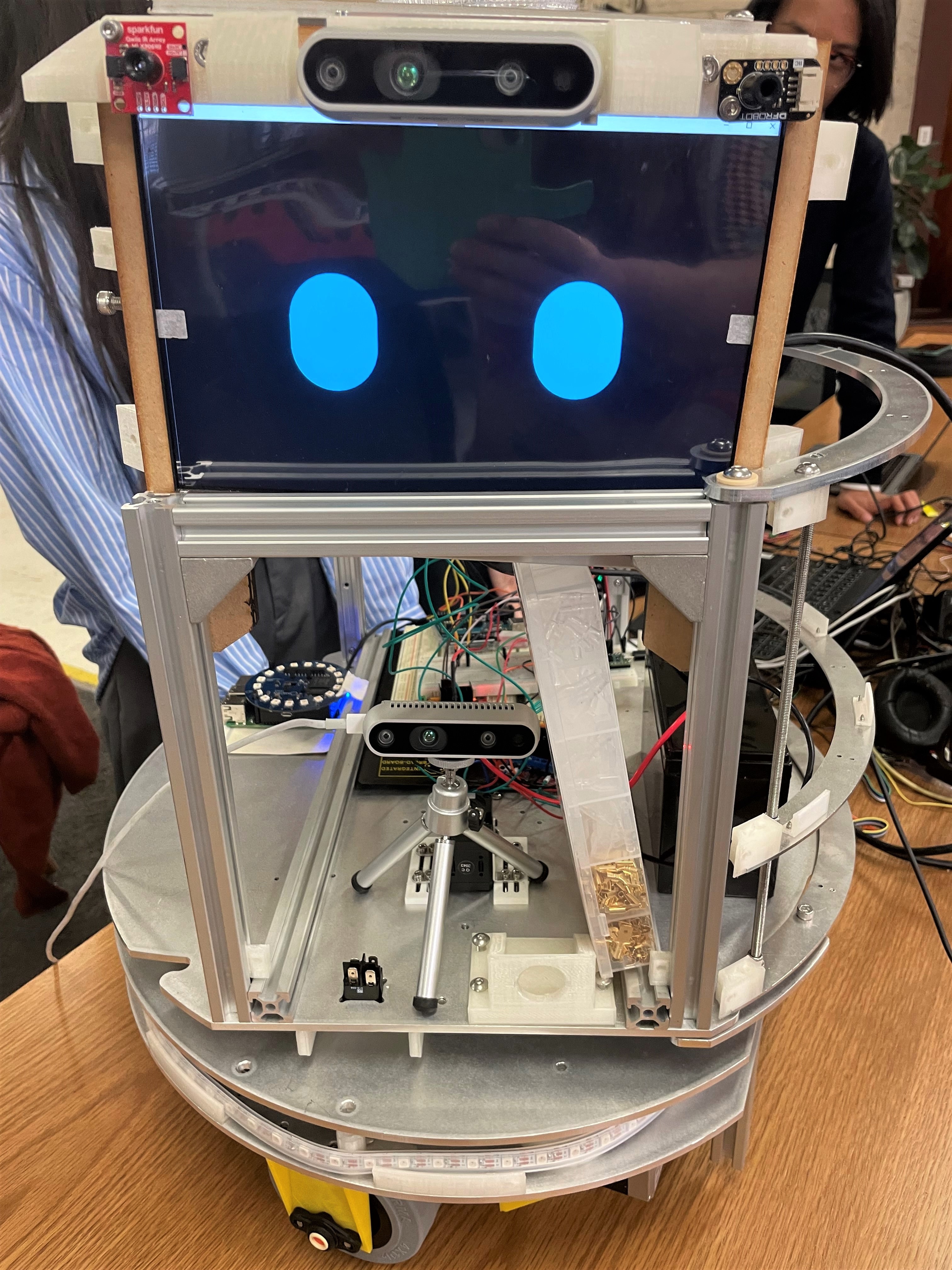

Liesl is adapting robots to become home helpers. Source: SBS Sandra Fulloon
“You can pick your own AI avatar, and it works with you to manage daily life,†she says.
By adapting her AI systems further, to relieve the 30-hour weekly work burden of running a home, Liesl hopes to free more female founders to start their own businesses.
“We will have a series of cute little robots doing different jobs," she says.
"So I'm going to walk into my kitchen at night and the dinner will be ready. I will wake up in the morning and the kitchen will be clean.
“We are absolutely at a turning point in human history.â€
Round two of the Boosting Female Founders Initiative is underway. It offers grants of between $25,000 and $480,000 for female-founded startups to expand into domestic and global markets. Successful applicants are expected to be announced later this year.
0 Response to "Liesl builds robots for NASA but struggles to get financial backing in Australia"
Post a Comment